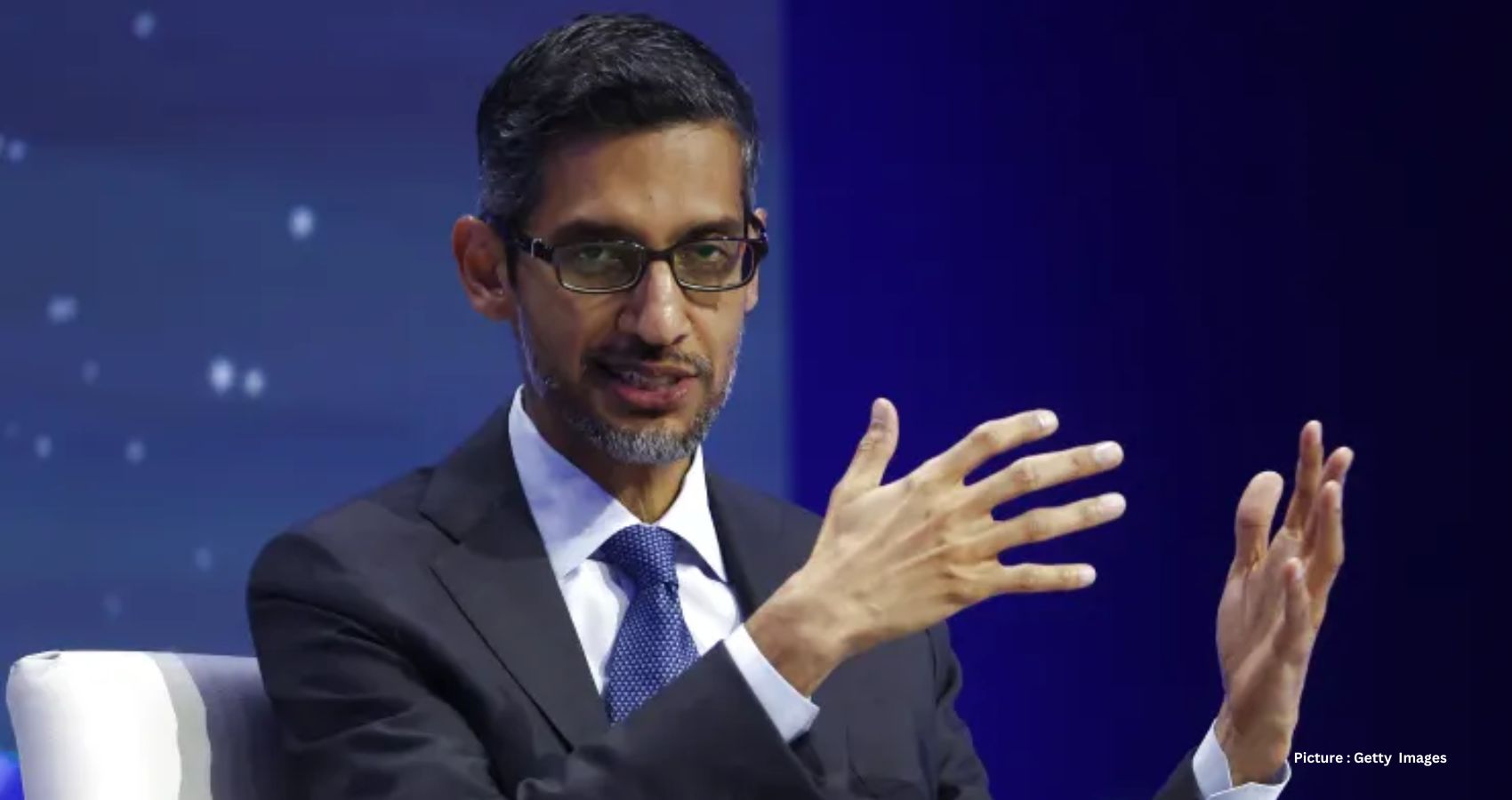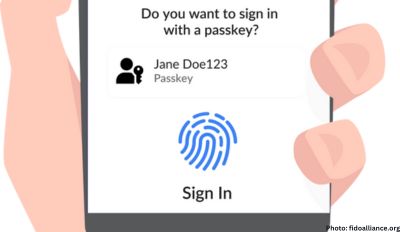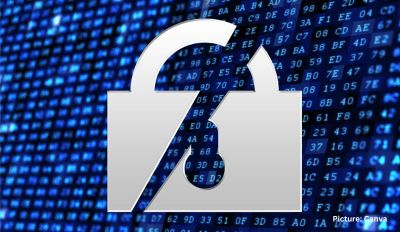Rapid advancements in artificial intelligence (AI) have emerged as a potential boon in fortifying defenses against cyber threats, as indicated by Sundar Pichai, the CEO of Google. Pichai highlighted the utility of intelligence tools in enabling governments and enterprises to expedite the identification and mitigation of security risks posed by hostile entities. Speaking at the Munich Security Conference, Pichai underscored the significance of AI in bolstering cybersecurity defenses, contrary to prevailing apprehensions regarding its potential misuse.
The escalating frequency and complexity of cybersecurity breaches underscore the pressing need for proactive measures, with malicious actors increasingly leveraging such breaches to exert influence and extort funds. Estimates suggest that cyberattacks inflicted a staggering $8 trillion in damages on the global economy in 2023, a figure projected to soar to $10.5 trillion by 2025, according to Cybersecurity Ventures.
While concerns have been raised regarding the exacerbation of cybersecurity threats by AI, a January report from Britain’s National Cyber Security Centre warned that AI could indeed amplify these threats by reducing entry barriers for cybercriminals and facilitating more sophisticated malicious activities like ransomware attacks. Despite these concerns, Pichai emphasized the role of AI in curtailing the time required for detecting and responding to cyber threats. This, he argued, diminishes the “defenders’ dilemma,” wherein attackers need to succeed only once to compromise a system, whereas defenders must thwart every attempt to safeguard it.
Pichai articulated, “AI disproportionately helps the people defending because you’re getting a tool which can impact it at scale versus the people who are trying to exploit.” He asserted that, in essence, strides are being made in tipping the balance in favor of cybersecurity defenders. Google recently unveiled an initiative aimed at enhancing online security through the provision of AI tools and infrastructure investments. Among these offerings is Magika, a free, open-source tool designed to facilitate malware detection, along with a white paper proposing research measures and implementing safeguards around AI.
The deployment of these tools has already commenced across Google’s suite of products, including Google Chrome and Gmail, as well as its internal systems. Pichai remarked on the pivotal moment AI has reached, asserting that stakeholders spanning policymakers, security professionals, and civil society now have an opportunity to shift the cybersecurity paradigm from attackers to defenders.
Concurrent with this initiative, major corporations at the Munich Security Conference pledged to undertake “reasonable precautions” to forestall the exploitation of AI tools to disrupt democratic processes, particularly as the 2024 election year looms large. Notable signatories to this pact included Adobe, Amazon, IBM, Meta, Microsoft, and TikTok. The agreement encompasses a framework delineating the requisite responses to AI-generated “deepfakes” intended to deceive voters, reflecting a concerted effort to safeguard democratic integrity in an increasingly digitally mediated landscape.
The recognition of cyberspace as a new frontier in conflict was underscored by former U.S. Secretary of State Hillary Clinton, who characterized it as “a new battlefield.” The advent of generative AI has heightened the technological arms race, with a recent report by Microsoft revealing the utilization of its OpenAI large language model (LLM) by state-backed hackers from Russia, China, and Iran to enhance their cyber espionage endeavors.
Mark Hughes, president of security at DXC Technology, highlighted the emergence of malicious tools inspired by ChatGPT, such as WormGPT, utilized by adversaries for activities like reverse engineering code. Nonetheless, Hughes emphasized the considerable defensive gains afforded by similar AI-driven tools, enabling engineers to swiftly detect and counteract attacks. He noted the crucial advantage conferred by AI in enabling defenders to outpace adversaries, thereby enhancing overall cyber resilience.
While the proliferation of AI in cyberspace presents multifaceted challenges, its judicious deployment holds promise in fortifying cybersecurity defenses and tilting the balance in favor of defenders. As stakeholders collaborate to navigate this evolving landscape, concerted efforts are imperative to harness the transformative potential of AI in safeguarding digital ecosystems and democratic processes alike.











